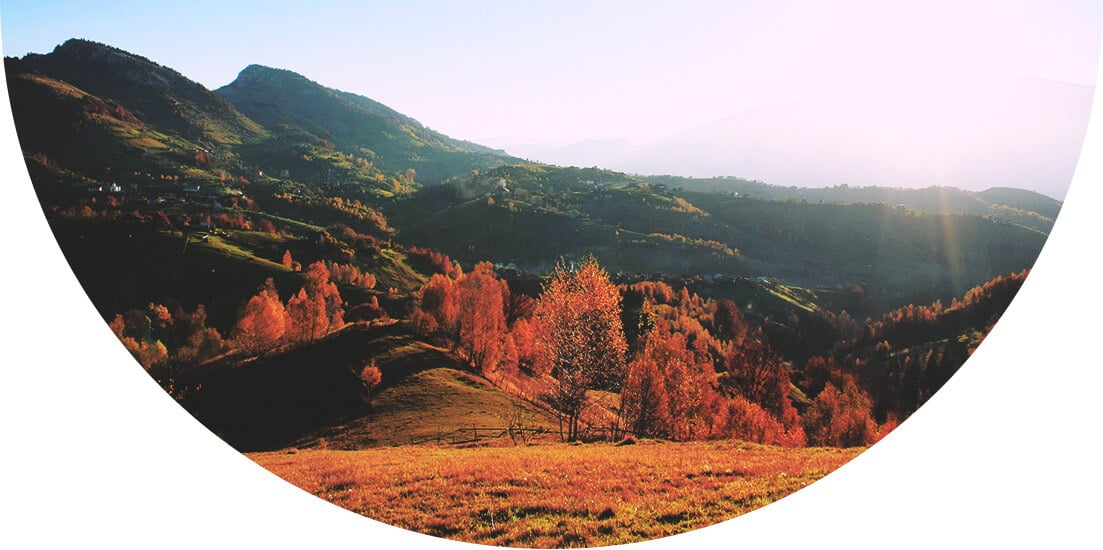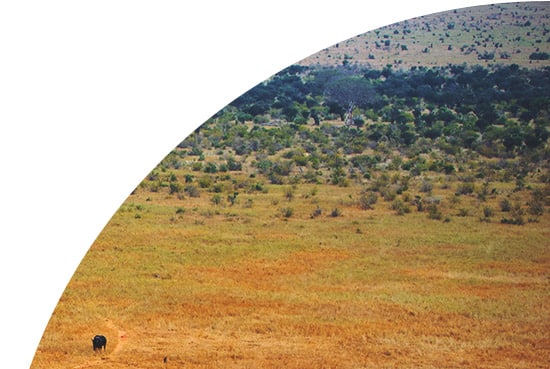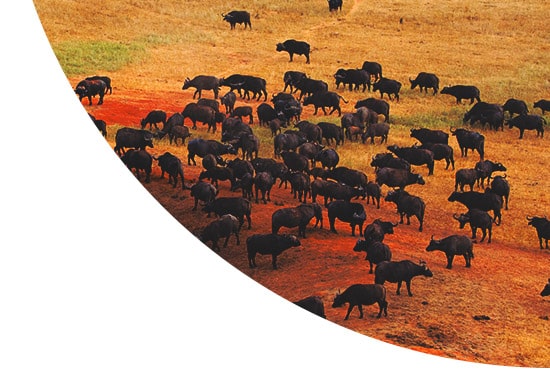Rift Valley fever (RVF) is an acute, fever-causing viral disease that usually affects domesticated animals (such as cattle and sheep), but can also infect and cause illness in humans. The majority of human infections are caused by direct or indirect contact with the blood or organs of infected animals.


Travel Vaccinations for Djibouti
Recommended Vaccines for Djibouti
The level of protection needed depends on your medical history and travel itinerary. Book now to get a personalised recommendation from our specialist travel nurses. The consultation costs £20 plus any vaccines you decide to take.
Flexible appointments with no upfront payment
Book Now
Destination Information for Djibouti
The tiny country of Djibouti lies on the coast of East Africa, and it’s recently been touted as ‘Africa’s hottest new travel destination’. It’s situated on the point where three tectonic plates meet, and this makes for an unusual and extremely beautiful landscape. The coastal plain with its stunning blue seas and skies is contrasted with a dry, arid land of extinct volcanoes and mountainous plateaus.
The summer months are extremely hot and humid, although a breeze blowing in from the Red Sea makes life more pleasant in the country’s capital, the city of Djibouti. Although the country is relatively undeveloped in terms of tourism, it’s a big draw for adventure-seekers, thanks to the adrenaline-pumping sports and activities on offer. Snorkel with whale sharks in the Gulf of Tadjoura, trek on the dormant Ardoukoba volcano and get involved in the abundant opportunities for hiking, diving and kitesurfing.
Lake Abhe, on the border with Ethiopia, was used as the landscape for the ‘Forbidden Zone’ in Planet of the Apes, and it’s this other-worldliness which makes Djibouti so special. You’ll find it a more satisfying (and cost-effective) experience to visit bars and restaurants frequented by locals, rather than the marked-up tourist traps in the capital. The people of Djibouti are welcoming, and you will truly be sampling a different kind of African lifestyle to other, more popular, tourist destinations.
Infections and Outbreaks frequently change from country to country and by attending our clinics you will be given the most up to date clinical and safety advice from our team of specialists. Our advice to you often includes aspects such as:
- Food and water hygiene
- Insect and animal bite avoidances
- Personal safety
- Sexually transmitted infections
- Sun protection
- Altitude sickness
Malaria and regions within country:
There is a high risk of P.Falciparum malaria throughout the entire country and anti-malarial medication is recommended.
Additional Health Risks Information for Djibouti
Most areas of Djibouti are considered safe for visitors except the area along the country’s border with Eritrea, to which all travel is advised against. If you’re heading to rural areas or anywhere other than the capital city, also called Djibouti, be aware of the possibility of armed bandits. Travel in a convoy if possible, and avoid making any trips after dark. Risks are also heightened by the possibility of animals on the road, poorly maintained roads and a lack of lights on vehicles.
Djibouti is in an area with active volcanoes and earthquakes are common. Seek local advice for the correct procedure to keep yourself safe in the event of a natural disaster.
If possible when planning the timing of your trip, bear in mind the weather and climate at certain times of the year. From May to October Djibouti is extremely hot and dry, with drought conditions. Local services may be difficult to find along with sufficient food and water. Visitors to Djibouti should be prepared to be self-sufficient, with basic medical services few and far between. Take a well-stocked first aid kit with you to enable you to self-treat minor injuries and illnesses, and ensure that you have suitable travel insurance in place. Djibouti is high risk for malaria, it is advisable to visit a Travel clinic to get the necessary vaccines, medications and advice before you travel.



